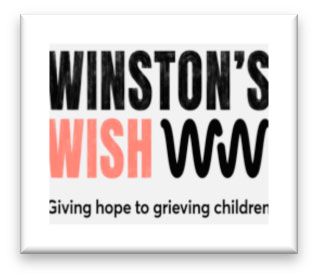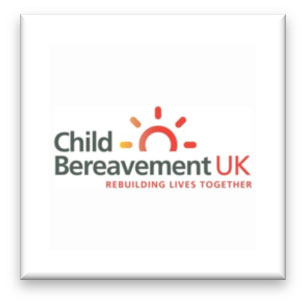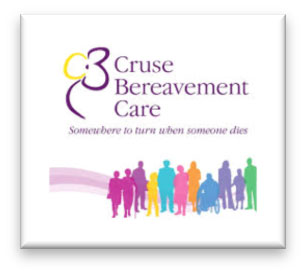Bereavement during the Covid-19 pandemic
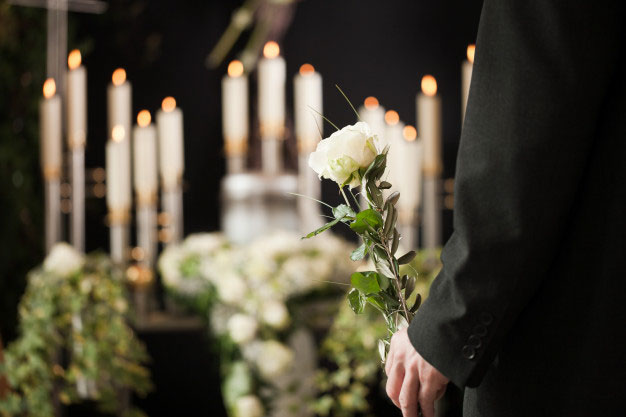
Sadly, some children and families will experience a bereavement during the Covid-19 pandemic, either directly related to Covid-19 or due to an unrelated cause.
We are being asked to support reducing the spread of coronavirus through social distancing and this has an impact on how children may access their support networks and on some of the usual processes for saying goodbye. The pandemic may also make children and young people feel more anxious about their own wellbeing and the wellbeing of those close to them.
Talking to children about illness and death during the pandemic
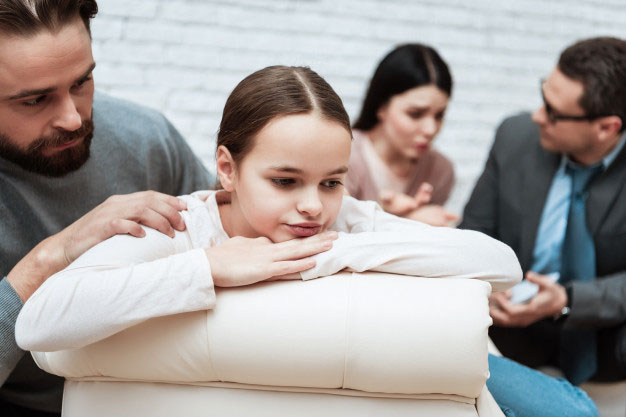
Children will be accessing lots of information about Covid-19, and they may be struggling to make sense of it. It can be difficult for all of us to make sense of. In our communication with children and young people it is important that we are:
- Being honest and factual, and acknowledging there are some things we do not know yet
- Supporting children to understand that most people, especially young and healthy people, recover from Covid-19, but there are some who become very ill and a few of those may die
- Letting children know that we understand their worries, frustrations and anger, and that we can help them find ways to deal with their feelings
- Helping children to focus on what they can control (such as washing their hands frequently and keeping their distance from other people) and not on things that they cannot
- Reassuring them that there are lots of people working hard to keep them safe and well e.g. NHS nurses and doctors
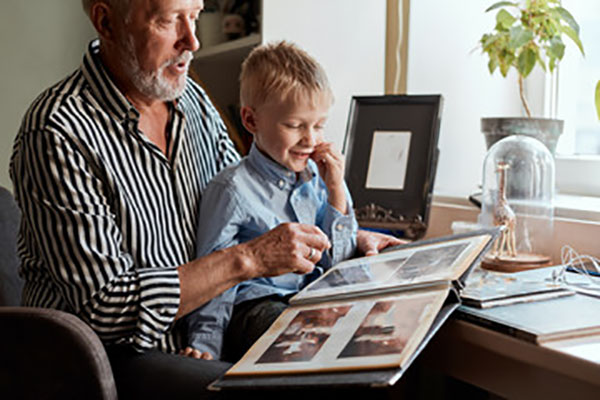
If someone close to you or your child becomes ill or dies as a result of Covid-19, you may need to support your child to understand why they were unable to visit their loved one when they were ill. Reassure them that this is the best way to keep everyone safe and that you can remember the person together in other ways e.g. photos, videos, songs or objects with a special meaning.
Common reactions to a loss
Children can experience the same emotions as adults during a loss – anger, guilt or sadness. However, children can find it hard to understand and talk about their feelings. Instead you may notice behavioural changes such as:
- changes to sleeping and eating habits
- becoming quiet and withdrawn, or more acting out behaviour such as fighting and arguing
- signs of anxiety such as repeatedly asking questions about what happened, asking if others will be okay, or acting out scenes in pretend play related to the loss
- finding it hard to concentrate or to remember things
Saying goodbye
For many families, a funeral is a way to say goodbye to their loved ones. During the pandemic, only a small number of close family members are allowed to attend funerals. Therefore, you may wish to discuss with your child alternative ways to say goodbye. This could be writing a letter, drawing a picture, or marking the time of the funeral through lighting a candle or playing a special song. You may want to consider how you could link in with other friends and family through phone/video calls or creating an online space to collectively pay tribute to the deceased.
Supports for children

Children often like to speak to someone they have a relationship with to help to make sense of their feelings after a bereavement. Sometimes they may wish to speak with someone outside their immediate family home. Ask your child if they would like to connect with a friend, family friend or other family member to talk through how they feel. You may be able to help them arrange a time to call, either on a one-off occasion or for a regular check-in if they feel this would be helpful.
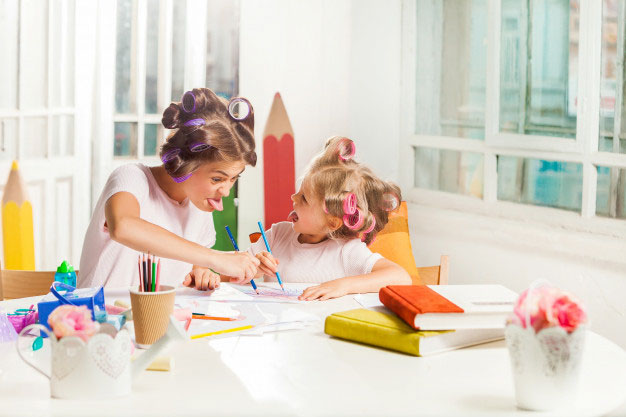
Engaging children in an activity can act as a positive distraction from their loss and grief. Many activities that children usually enjoy are not permitted at present. You might need to help your child to find alternative ways to relax such as a craft activity, cooking, reading, going out for a short walk, cycle or run and connecting with friends and family through technology.

It might help to make a memory box of the deceased including some favourite photographs, objects that remind your child of the person or a tissue with their perfume or aftershave sprayed on it. The child might like to write them a letter, poem or do a drawing. It can be helpful to think of some happy memories and favourite stories to write down and put in the box.
Books can support children and young people to understand emotions generally and those specifically associated with grief and loss. Although there are no books at present directly related to Covid-19, Winston’s Wish has a list of books for children and young people which cover grief, loss and bereavement. This can be a helpful way to start a conversation with your child about the death.
Further information and advice
Winston’s Wish
Winston’s Wish is information, advice and guidance on supporting bereaved children and young people during the coronavirus (COVID-19) outbreak.
www.winstonswish.org - Freephone National Helpline 08088 020 021
Childhood Bereavement UK
Childhood Bereavement UK brings together guidance and information to help support you at this difficult time.
www.childbereavementuk.org - Helpline 0800 02 888 40
Cruse Bereavement Care
Bereaved people may have to deal with increased trauma, and may be cut off from some of their usual support network. Those who are already struggling with bereavement, or whose relatives or friends die through other causes will also be affected.
www.cruse.org.uk - Helpline 0808 808 1677
| Contact: | Psychological Service |
|---|---|
| Tel: | 01592 583349 |
| Email: | psychological.service@fife.gov.uk |


